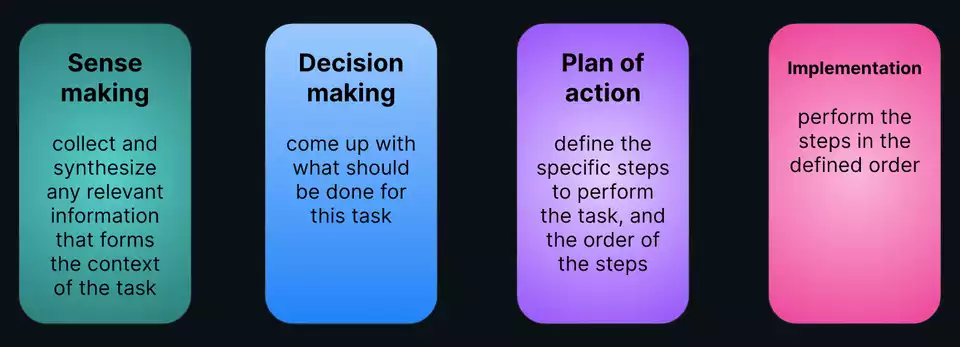My inputs in January
At the end of last year, a thought got stuck in my head: I wanted to resume blogging. So I settled on a format that would mix blogging and at the same time forcing me to read more. I will share every month, once per month, a list of the most interesting inputs I found that month. This is the first issue, I hope you may find something interesting here.
To read:
Database Fundamentals: Great deep dive into how Databases work, why they are hard, and why they are even harder in a distributed system. I found this link right while working on Databases at my job and wanted to know more. It also has a ton of external links to more in-depth resources. A must-read for everyone working incidentally on Databases.
LLM Inference Performance Engineering - Best Practices: Deep dive on LLM performance engineering. It covers the whole range of optimizations, key metrics to monitor, and what to tune based on what you care about.
A developer’s second brain: Reducing complexity through partnership with AI - The GitHub Blog: How developers interact with AI? Github asked 25 developers and presented here the results. Developers interact with AI in some specific steps. The blog post uses this framework to define the developer’s work (which I like a lot).
According to the survey:
- in Sense-Making “AI assistance can take the form of parsing a lot of information, synthesizing it, and surfacing highlights to focus the developer’s attention”
- in Decision Making, “Developers are looking for AI input here to get them past the intimidation of the blank canvas. Can AI propose a plan—or more than one—and argue the pros and cons of each? Developers want to skip over the initial brainstorming and start with some strawman options to evaluate, or use as prompts for further brainstorming. As with the process of sense-making, developers still want to exercise oversight over the AI, and be able to edit or cherry-pick steps in the plan.”
- In the Plan of Action and Implementation, developers are hesitant to let AI take control “Today’s AI is perceived as insufficiently reliable to handle implementation autonomously”
Prediction from the article: “We anticipate that partnership with AI will naturally result in developers shifting up a level of abstraction in how they think and work. Developers will likely become “systems thinkers,” focusing on specifying the behavior of systems and applications that solve problems and address opportunities, steering and supervising what AI tools produce, and intervening when they have to.”
A friend of mine asked me about an introduction to microservice architecture, after some thinking I pointed him to the Introduction to Microservices from Google Cloud which is an honest overview of what microservices are. It’s not trying to sell anything but outlines the pros and cons of monolith and microservices and describes some initial steps to prepare a migration. This is the first of a four-part guide about designing, building, and deploying microservices.
To watch:
AWS re:Invent 2023 - Build without limits: The next-generation developer experience at AWS: There is a lot of fuzz around Developer experience these days (finally). This is AWS reInvent showcasing their efforts toward DevEx. I liked a lot the code whisper cli integration. Notable quote: “Use that generative AI to make the maintenance part of lifecycle go faster so you can focus on the creative parts “
That’s all folks, see you next month.
- Next Article
My inputs in February - Previous Article
Continuous Delivery in an Agile World
